Neil Gaiman's Norse Mythology is a masterful retelling of the ancient Norse myths that have captivated audiences for centuries. With his signature blend of wit, imagination, and reverence for the source material, Gaiman breathes new life into the pantheon of gods, giants, and mythical creatures that populate this rich tapestry of stories. The book serves not only as an introduction to Norse mythology but also as a compelling narrative that explores timeless themes of power, betrayal, and the human condition.
At the heart of Norse Mythology are the iconic figures of Odin, Thor, and Loki, each representing different facets of existence and human experience. Odin, the Allfather, is portrayed as a wise yet cunning deity, embodying the complexities of leadership and sacrifice. His relentless pursuit of knowledge, even at great personal cost, resonates deeply with readers, reminding us of the lengths to which individuals will go to seek truth and understanding. Gaiman captures Odin's duality beautifully, showcasing his strength and vulnerability, which makes him a compelling character.
Thor, on the other hand, is depicted as the archetypal hero—strong, brave, and somewhat naïve. Gaiman's portrayal of Thor is both humorous and endearing, as he navigates challenges with a mix of brute force and childlike simplicity. This characterization allows readers to connect with Thor on a personal level, as he grapples with his identity and responsibilities. Gaiman's ability to infuse humor into Thor's exploits adds a layer of accessibility to the narrative, making it enjoyable for both mythology enthusiasts and newcomers alike.
Loki, the trickster god, is perhaps the most intriguing character in Gaiman's retelling. As Odin's blood brother and a master manipulator, Loki embodies chaos and unpredictability. Gaiman's exploration of Loki's motivations and complexities adds depth to his character, transforming him from a mere antagonist into a tragic figure shaped by his circumstances. The interplay between Loki and the other gods serves as a reminder of the fragile nature of alliances and the consequences of betrayal, themes that resonate throughout the book.
Thematically, Norse Mythology delves into the concepts of fate, power, and the inevitability of change. Gaiman skillfully weaves these themes into the fabric of the stories, illustrating how the gods, despite their immense power, are not immune to the whims of fate. The impending doom of Ragnarok looms over the narrative, serving as a constant reminder of the transience of life and the cyclical nature of existence. This existential undertone adds a layer of poignancy to the tales, inviting readers to reflect on their own lives and the choices they make.
Gaiman's prose is a standout feature of the book. His writing is both lyrical and accessible, striking a balance that allows the ancient stories to resonate with contemporary audiences. The vivid imagery and rich descriptions transport readers to the nine worlds of Norse mythology, immersing them in a landscape filled with wonder and danger. Gaiman's storytelling prowess shines through as he crafts each tale with a sense of urgency and excitement, making it difficult to put the book down.
Another notable aspect of Norse Mythology is Gaiman's ability to maintain the integrity of the original myths while infusing them with his unique voice. He respects the source material, drawing from the Eddas and other ancient texts, yet he also adds his own interpretations and nuances. This blend of authenticity and creativity results in a work that feels both timeless and fresh, appealing to a wide range of readers.
In comparison to other retellings of mythology, such as Rick Riordan's Percy Jackson series or Madeline Miller's Circe, Gaiman's approach is more grounded in the traditional narratives. While Riordan's works are infused with modern humor and contemporary settings, Gaiman opts for a more reverent and faithful retelling of the myths. This choice allows readers to engage with the stories in their original context, fostering a deeper appreciation for the cultural significance of Norse mythology.
Overall, Neil Gaiman's Norse Mythology is a triumph of storytelling that captivates and enlightens. Through his vivid characterizations and masterful prose, Gaiman invites readers to explore the complexities of the Norse gods and the timeless themes that underpin their stories. Whether you are a seasoned mythology aficionado or a curious newcomer, this book offers a rich and rewarding experience that will leave you pondering the nature of fate, power, and the human experience long after you turn the final page.
In conclusion, Norse Mythology is not just a retelling of ancient tales; it is a celebration of the enduring power of storytelling itself. Gaiman's ability to make these myths accessible and engaging ensures that they will continue to resonate with readers for generations to come. This book is a must-read for anyone interested in mythology, literature, or the intricacies of the human experience.
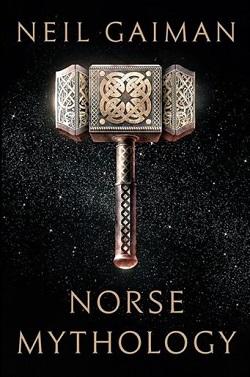



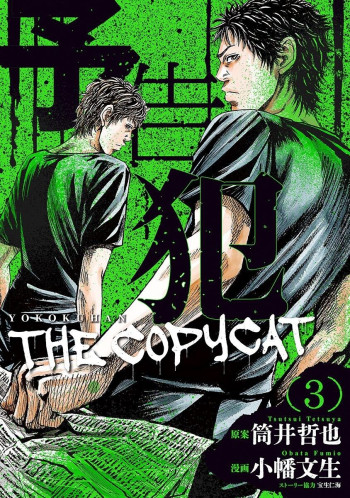
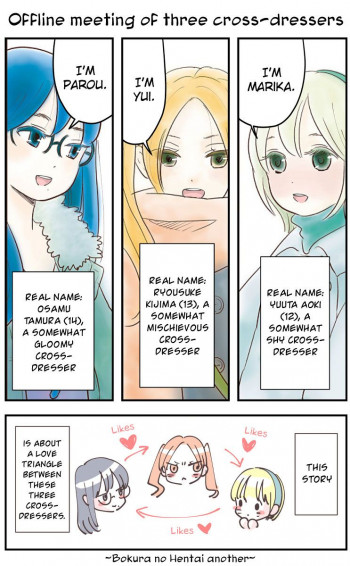



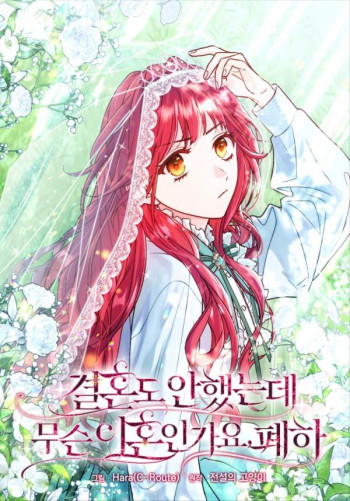
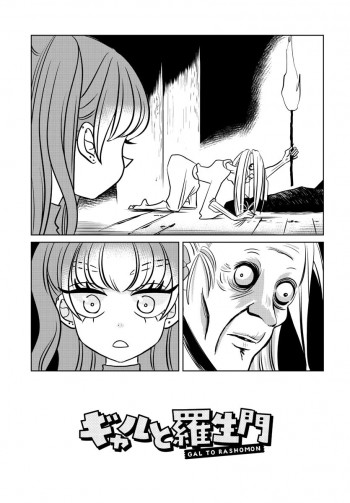
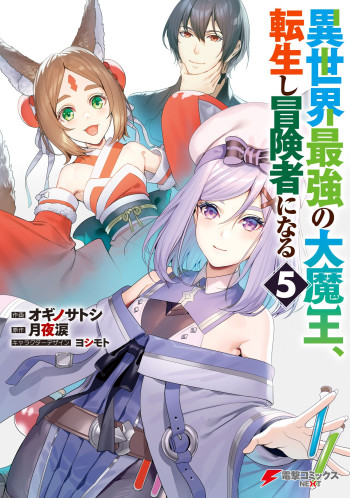
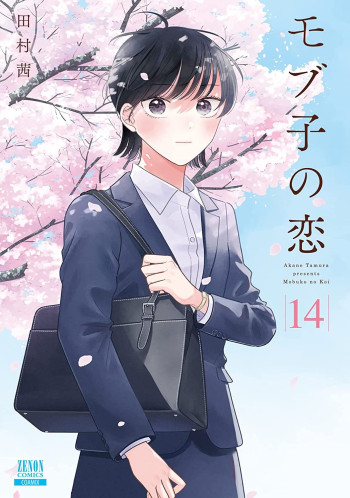











Reviews 0
Post a Reviews: